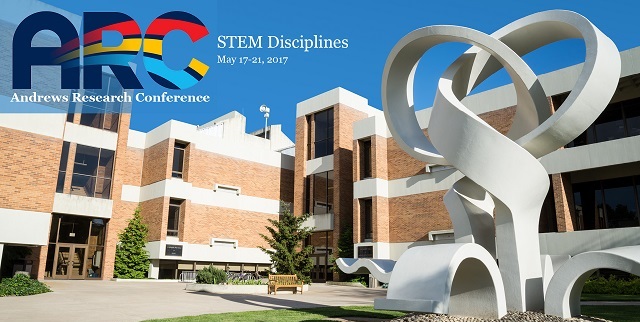Multi Isotope Proxies in Paleoceanographic and Paleobiological Research
Presenter Status
PhD Candidate, Earth & Atmospheric Science Department
Presentation Type
Oral Presentation
Session
B
Location
Chan Shun 108
Start Date
18-5-2017 1:30 PM
End Date
18-5-2017 1:50 PM
Presentation Abstract
Today’s anthropogenic activities are altering the global environmental system at alarming rates, thus quantification of their effects on the global environment is very critical. These processes are often complex and thus require the integration of field and laboratory research observation, as well as mathematical modeling to provide answers to some of the fundamental questions. In this talk I will highlight some of my research work in carbonate geology, involving the use of various traditional and non traditional isotopes (δ44/40Ca, δ18O, δ88/86Sr, 87Sr/86Sr) in investigating some of the relationships between some major geologic extinction events and the effects of rapid changes in atmospheric pCO2, global warming and ocean acidification on the marine carbonate budgets (e.g. Oligocene- Miocene carbonate factory and Cretaceous Oceanic Anoxic Events-OAEs).
Biographical Sketch
Lucien Nana Yobo is currently a PhD candidate in Geology. He is interested on the investigation of stratigraphy, sedimentology an Geochemestry of Carbonate Sediments. Outside of his formal school training, Lucien is also interested in issues of faith and science, volunteers for a lot of community organization and always seeks for opportunities for community engagement. He currently serves as the NAD Student President for Adventist Christian Fellowship.
Multi Isotope Proxies in Paleoceanographic and Paleobiological Research
Chan Shun 108
Today’s anthropogenic activities are altering the global environmental system at alarming rates, thus quantification of their effects on the global environment is very critical. These processes are often complex and thus require the integration of field and laboratory research observation, as well as mathematical modeling to provide answers to some of the fundamental questions. In this talk I will highlight some of my research work in carbonate geology, involving the use of various traditional and non traditional isotopes (δ44/40Ca, δ18O, δ88/86Sr, 87Sr/86Sr) in investigating some of the relationships between some major geologic extinction events and the effects of rapid changes in atmospheric pCO2, global warming and ocean acidification on the marine carbonate budgets (e.g. Oligocene- Miocene carbonate factory and Cretaceous Oceanic Anoxic Events-OAEs).



